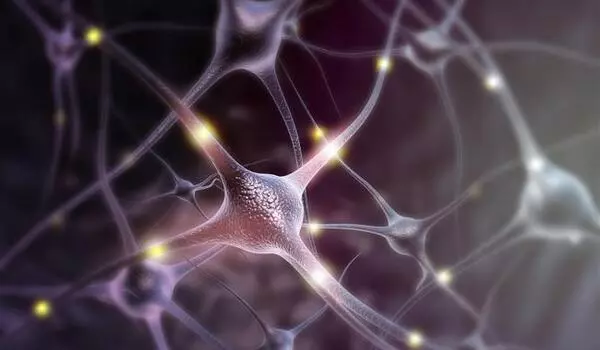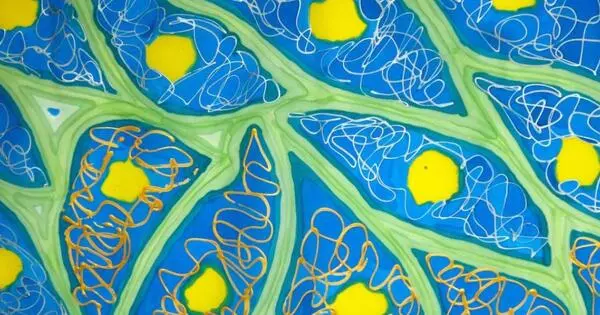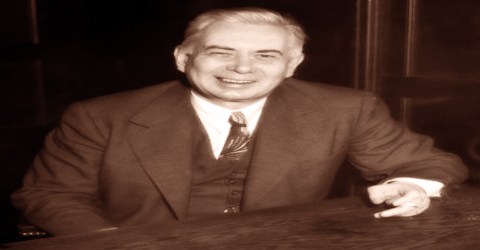Human cells with damaged mitochondria increase their metabolism to improve short-term survival, but at a cost: faster aging. Why do cells, and thus humans, age? The answer may have a lot to do with mitochondria, the organelles that provide energy to cells. Though this is not a new concept, direct evidence in human cells has been lacking. Until now, that is.
A team led by Columbia University researchers discovered that human cells with impaired mitochondria respond by kicking into high gear and expending more energy in a study published in Communications Biology. While this adaptation, known as hypermetabolism, improves cells’ short-term survival, it comes at a high price: a significant increase in the rate at which the cells age.
“The findings were made in cells from patients with rare mitochondrial diseases, but they may also have relevance for other conditions that affect mitochondria, such as neurodegenerative diseases, inflammatory conditions, and infections,” says Martin Picard, PhD, associate professor of behavioral medicine (in psychiatry and neurology) at Columbia University Vagelos College of Physicians and Surgeons.
“In addition, hypermetabolism may be a key reason why most cells deteriorate as we get older.”
The findings were made in cells from patients with rare mitochondrial diseases, but they may also have relevance for other conditions that affect mitochondria, such as neurodegenerative diseases, inflammatory conditions, and infections.
Martin Picard
Hypermetabolic cells age faster
It was widely assumed that mitochondrial defects (defects that impair the conversion of food sources into usable energy) would force cells to slow their metabolic rate in order to conserve energy. The researchers discovered that cells with impaired mitochondria double their energy expenditure by analyzing metabolic activity and energy consumption in cells from patients with mitochondrial diseases. Furthermore, re-analyzing data from hundreds of patients with various mitochondrial diseases revealed that mitochondrial defects raise the total energetic cost of living.
While this energy boost keeps cells running, it also degrades telomeres (caps that protect the ends of our chromosomes) and activates stress and inflammation responses. The net result is that biological aging is accelerated.
“When cells expend more energy to make proteins and other substances essential for short-term survival, they’re likely stealing resources from processes that ensure long-term survival, like maintaining telomeres,” says Gabriel Sturm, a graduate student and lead author on this study.

Hypermetabolism, fatigue, and aging
This hypermetabolic state could explain why people with mitochondrial diseases experience fatigue and exercise intolerance, among other symptoms. “To make up for the extra energy use in your cells, your body ‘tells’ you not to overexert yourself, to conserve energy. We likely see the same dynamic as people age and their vitality diminishes,” Picard says.
The study does not suggest any new treatments for patients with mitochondrial diseases, which are currently incurable, but it does reinforce current recommendations for patients to exercise more. “That may seem counterintuitive, because being more active will require more energy and may aggravate your symptoms,” Sturm says. “However, it is well known that exercise increases an organism’s efficiency. A runner, for example, expends less energy to maintain basic bodily processes than someone who is not physically active.”
Improving organismal efficiency, which would lower energy use in cells and improve fatigue and other symptoms, could explain some of the health benefits of exercise in patients with mitochondrial diseases as well as in otherwise healthy people.
Picard believes that researchers should focus on hypermetabolism when looking for new treatments for mitochondrial diseases. “While mitochondrial defects impair cells’ ability to generate energy, energy deficiency may not be the primary disease initiator.” According to our findings, these flaws increase energy consumption. To make a therapeutic difference, we may need to target hypermetabolism. More research is needed to determine whether or not that would work.”
Hypermetabolism is also common to other diseases. If increased cellular energy expenditure plays a causal role in driving the aging process, targeting hypermetabolism may be a way to improve fatigue, improve people’s quality of life, or even to slow biological aging.
















